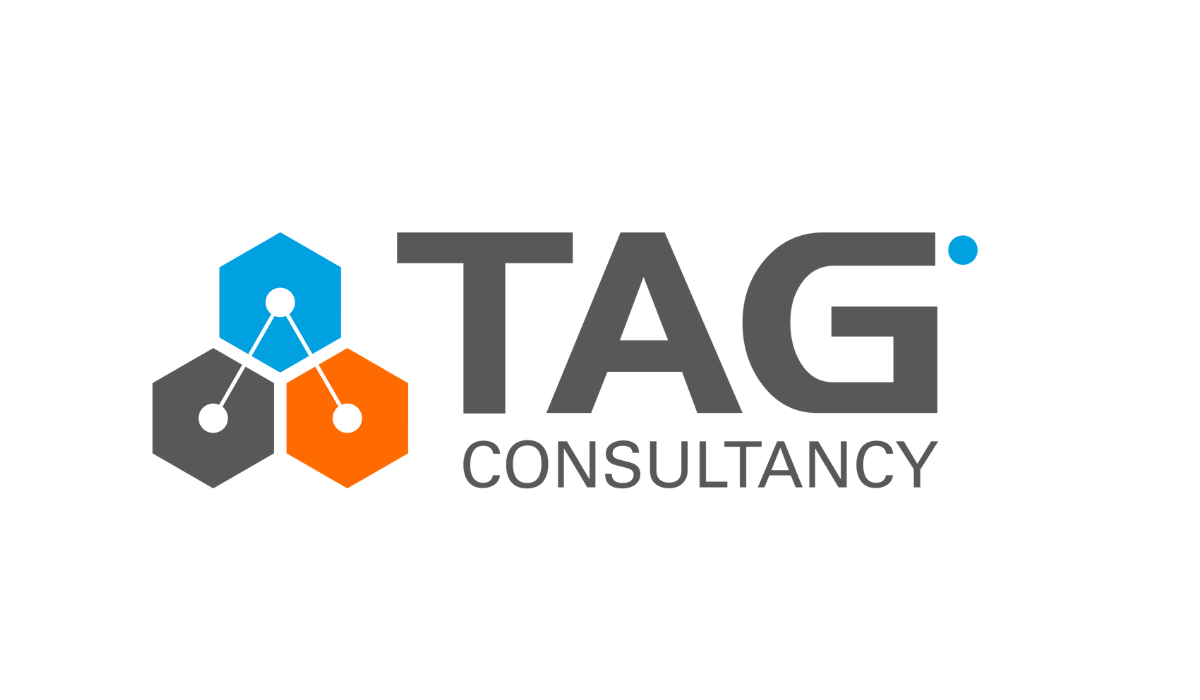
Our Mission
We are dedicated to our client relationships. Our professionals will sit with you, and get to know not just your business, but who you are personally. We are committed to the needs of our clients not only during the tax and audit engagements but throughout the year as well. Each business is unique, and we recognize that each business is as much about its owners as it is about its trade.
Therefore, we customise our services to meet a client’s requests and requirements in our approach to every accounting, tax, financial planning and management situation. We bring a seasoned perspective along with in-depth knowledge of local issues. Furthermore, our staff can offer a level of expertise and global solutions normally found in a large firm, while still maintaining the attention one demands in a small firm. All client deserves a higher standard.
TAG Consultancy is your trusted partner for navigating the complex financial landscape in the UAE. Our commitment to excellence, personalized service, and in-depth understanding of local and international standards ensure that your business not only meets regulatory requirements but also thrives in a competitive environment. Whether you are operating within the UAE mainland or in one of its free zones, our expertise and dedication to client success are unwavering.
Interested in our free no obligation consultation?
You can also message us or contact us on our social media platforms
FAQ
Answer: It depends on your circumstances
Freezone companies in the UAE typically enjoy exemption from corporate taxes on their profits for a specified period, depending on the free zone authority and business activity. This tax exemption is a strategic incentive aimed at attracting foreign investment and fostering economic growth within the free zones. However, it's important to acknowledge that Freezone companies may still be liable for corporate tax and other taxes and fees, such as customs duties, import/export taxes, and value-added tax (VAT), based on their specific business operations and transactions.
Answer: Yes.
We provide a Free 30-minute consultation for anybody looking to find out more about our services, including Company Setup, Auditing services, Compliance Services, Tax Services, VAT Services, Accounting services and Crypto services. Book your free consultation by contacting us here.
Answer: Yes.
TAG Consultancy specializes in assisting non-residents with establishing their businesses in Dubai and the wider UAE. Whether you are based overseas or planning to relocate, our team provides complete end-to-end support. This includes selecting the right company structure, handling the incorporation process, securing corporate visas for you and your team, and assisting with the often complex process of opening a UAE business bank account. With our expertise, you can confidently establish your presence while ensuring full compliance with local regulations. Find out about our company setup services.
Answer: Yes.
TAG Consultancy provides full support with business bank account setup as part of our end-to-end company formation services. We guide you through the documentation, coordinate with banks, and streamline the process to ensure your account is opened smoothly and in compliance with UAE regulations. Find out more about our Company set-up services.
Answer:
The timeline for setting up a company in Dubai can vary depending on the business structure, jurisdiction, documentation, and government approvals.
- Free Zone Companies: In many free zones, the process is relatively quick. If all documents are complete and in order, setup can be completed relatively quickly. However timeframes can vary form anywhere between 1 week to several.
- Mainland Companies: Establishing a mainland entity often involves more steps than a Freezone setup, such as external approvals and licensing. This process generally takes anywhere from 2 to 8 weeks, depending on the nature of the business.
Overall, company setup in the UAE can take anywhere from just a few days to several weeks. Working with TAG Consultancy ensures that your documents are properly prepared, reducing delays and making the process as smooth as possible. View our company setup process.
Answer: Yes.
We manage the full corporate tax filing process from registration to submission. Learn about our corporate tax services.
Answer: Yes.
We provide complete VAT registration and filing services with ongoing compliance support. Learn about our VAT Services.
Answer:
We serve all leading industries in the UAE, including crypto, e-commerce, fintech, logistics, construction, renewable energy, and financial services.
Answer: Yes.
Our services cover Dubai, Abu Dhabi, and the wider UAE.
Answer: Yes.
We offer comprehensive accounting services, including bookkeeping, payroll, VAT, tax compliance, and financial reporting. Explore our full accounting services.




